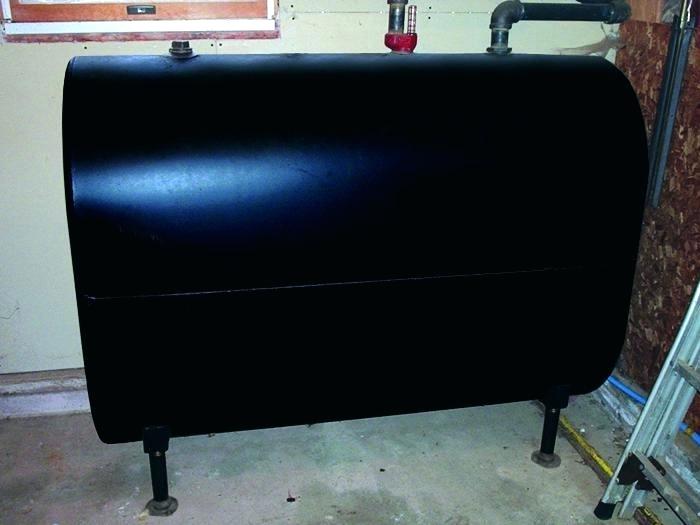Oil tank replacement becomes necessary, when the existing tank is worn out or has leakages.
Neglected oil tanks can wreck a life-time investment, as an average person probably invests in an oil tank only once or twice in a lifetime.
Since the past few years, the number of oil tank failures has been astonishing, as old steel tanks continue to wear out. Condensation causes water and slush to collect at the bottom, resulting in rust formation, due to which most steel oil tanks corrode from within. Sadly, the damage is not detectable right way, and the tank gives in all of a sudden. Leakage is also caused by dampness, external damage and poor maintenance.
Oil tank leaks

Oil tank leaks lead to highly expensive clean-up procedures, sometimes exceeding the property’s worth.
The government has set forth additional regulations for installation and maintenance of oil storage tanks, in order to avoid oil spills. Oil tank makers have enhanced their products and widened their warranties.
Steel tanks have progressed to better gauges to diminish corrosion and enhance their life expectancy. The debut of non-metallic tanks has eliminated the problem of internal corrosion.
Polyethylene tanks placed in galvanized steel receptacles is yet another innovative design. Manufacturers are encouraging customers to switch over to better standards by offering rebates for oil tank replacement.
Further, many insurance companies do not give insurance coverage for oil tanks buried in the ground.
Oil tank replacement notes
Having determined the local regulations, the size of the new oil tank and the installation location, the next step is to seek a licensed installer.
The replacement should be done when the old tank is nearly empty, so as to save time and extra work. Inspection by a professional helps determine if an oil tank replacement is required.
The tank will have to be registered as oil delivery companies can supply oil only if the tank has a registration label.
Hence, the installer, the oil company and the consumer are all responsible for effective maintenance of the replaced tank.
Oil tank replacement involves certain regulations pertinent to the local government, and the regulations imposed on the installation procedure are for the benefit of consumers.
Improperly positioned installations or irrelevant base support could lead to hazardous incidents. Annual inspection is essential in order to curb potential problems that could lead to major mishaps.
Every year, more than a quarter of the pollution hazards are known to be caused by oil, which drains into rivers or lakes polluting the watercourse.
Oil is more economical when compared to gas, due to which many consumers opt for oil storage tanks, but maintenance is the key to its utility and longevity.